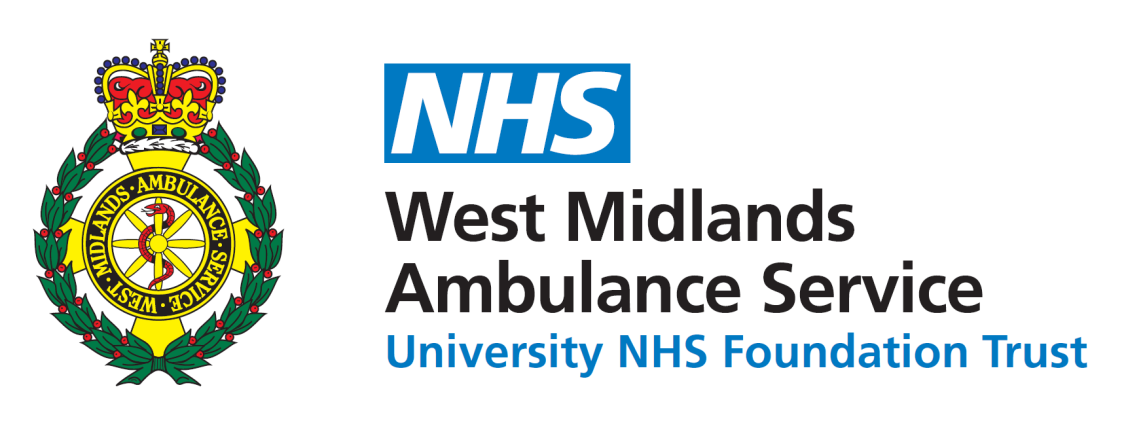Aims
To investigate whether measuring frailty can predict how people recover from COVID-19. Comparing different tools for measuring frailty.
Background
Older people who have complex health problems are often described as being frail. People who are frail often struggle to deal with small changes in their health. This means that even a simple health issue, such as a mild infection, can have worse consequences for frail people including confusion, falls, a longer stay in hospital and it could be more likely to a patient to pass away. Frail adults are usually prescribed a high number of medications and have more side effects from these medications. Currently, hospitals try and identify older people who are frail to see if they would benefit from a full review from a team of doctors, nurses, pharmacists and physiotherapists, to improve their ability to cope with health challenges, and to improve their strength and mobility.
There are a number of different tools used to identify frailty, with the most common being an assessment against a scale, from least to most frail, called the Clinical Frailty Scale. This requires a subjective assessment of frailty by a healthcare worker, based on their impression of the patient at that time. You can also assess frailty using objective measures, by combining a mixture of measured health data, such as the medical conditions people have, their nutritional status and blood test results, all taken from their medical record. Usually screening for frailty starts at the age of 65, but as more people are living with multiple long-term health problems, frailty can be seen in younger adults.
Measuring frailty helps healthcare professionals predict how a person will respond to therapies, especially complicated and invasive therapies such as surgery, kidney dialysis or supported breathing on a ventilator in intensive care.
During the COVID-19 pandemic, many patients were admitted to hospital with severe COVID-related health problems and required support to breathe with oxygen, face masks or with tubes and ventilators. In these patients, it was unclear if using a frailty assessment would help predict how patients would respond to these complex therapies. It was also unclear if younger people should be screened for frailty, and how useful that might be to help make the best treatment decisions.
Research
Researchers from the University of Birmingham, led by Dr Kamwa, will investigate whether frailty, measured using the Frail Scale or a screening tool using data from the medical health record, can predict how people recover from COVID-19. They will include health data from patients aged 18 years and above who have been admitted with an acute illness during the COVID-19 pandemic. They will compare how well frailty predicts clinical outcomes (such as length of stay in hospital, recovery, admission to intensive care or death) and which, if any, tool is more accurate and helpful. They will compare patients with COVID-19 and those without COVID-19, to see if measuring frailty is as useful in COVID-19 as it seems to be in other health conditions.
Patient involvement
This project was designed with patients of all ages, clinicians and researchers and will report back during 2021.
Approval
This project was supported unanimously by the PIONEER Data Trust Committee.




